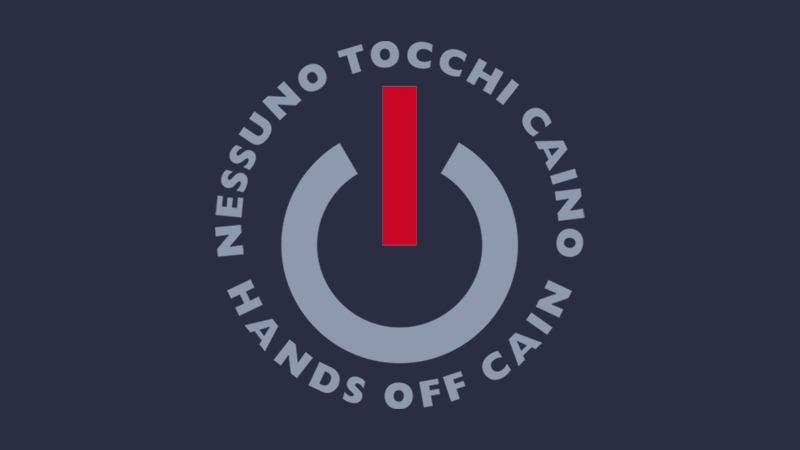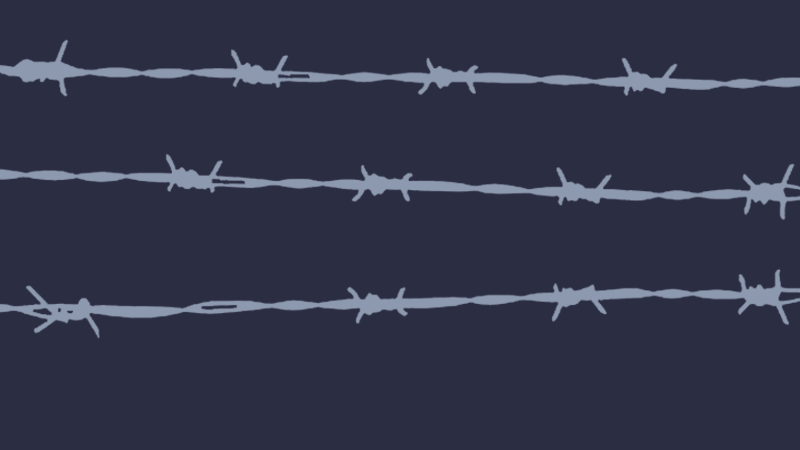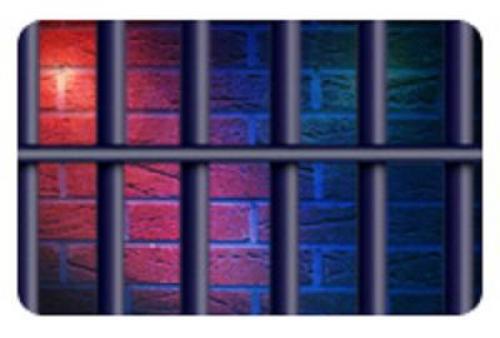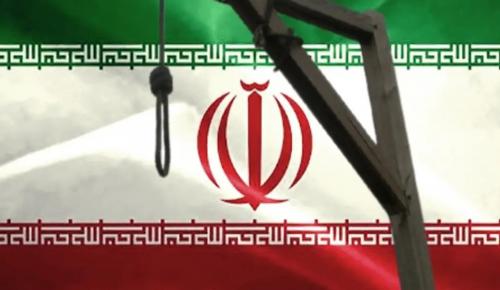government: constitutional democracy
state of civil and political rights: Free
constitution: 28 April 1992
legal system: based on English law and customary law
legislative system: unicameral Parliament
judicial system: Supreme Court; High Court; Court of Appeal; regional tribunals
religion: Christian 68.8%, Muslim 15.9%, traditional 8.5%, other 0.7%, none 6.1%
death row: 166 (as of December, 31 2012)
year of last executions: 0-7-1993
death sentences: 14
executions: 0
international treaties on human rights and the death penalty:International Covenant on Civil and Political Rights
1st Optional Protocol to the Covenant
Convention on the Rights of the Child
Convention Against Torture and Other Cruel, Inhuman or Degrading Treatment or Punishment
African Charter on Human and Peoples' Rights
Statute of the International Criminal Court (which excludes the death penalty)
situation:
The death penalty has been in Ghana’s statute books since the inception of English common law in the country in 1874. Ghana still retains the death penalty for armed robbery, treason and first-degree murder. There have been no executions since July 1993, when 12 prisoners convicted of robbery and murder were executed by firing squad. While no death row prisoner has been executed since 1993, death sentences continue to be imposed. In 2012, according to government information, 27 death sentences were issued in Ghana. A total of 166 people, including four women, were on death row as at 31 December 2012. On 15 June 2012, the White Paper on the Report of the Constitution Review Commission was made public with a Gazette notification. The Government of Ghana, among many others, accepted the Commission’s recommendation to abolish the death penalty, replacing it with life imprisonment. “The sanctity of life is a value so much engrained in the Ghanaian social psyche that it cannot be gambled away with judicial uncertainties,” declares the White Paper, signed by John Evans Atta Mills, President of the Republic of Ghana. A five-member Implementation Committee was set up with the mandate to implement the recommendations accepted by the Government. The Constitution Review Commission was inaugurated by President Mills on 11 January 2010 to undertake a consultative review of 1992 Constitution, and on 20 December 2011 it submitted its Report to the President, who thanked the Commission for the work done. On 7 January 2009, his last day in office as President of Ghana, John Kufuor pardoned more than 500 prisoners. All convicts sentenced to death had their terms commuted to life and anyone on death row who has already served 10 years would have their sentence reduced to 20 years. This provision was part of a long series of amnesties granted by President Kufuor, devoted Catholic and known as “the good giant of Africa,” since the opposition guided by him in successful Presidential and Parliamentary elections in 2000 unseated the Government of Jerry Rawlings, which had been in power for twenty years. In June of 2003, President Kufuor had granted amnesty to 179 prisoners who had served at least 10 years on death row. On 6 March 2007, in celebration of the 50th Anniversary of National Independence, President Kufuor commuted 36 death sentences to life imprisonment. On 1 July 2007, President Kufuor pardoned hundreds of prisoners for humanitarian reasons, including seven who had their death sentences commuted to life imprisonment. After two terms of office, President Kufuor of the New Patriotic Party (NPP) ceded the position to John Evans Atta Mills of the National Democratic Congress (NDC), who won more than 50 per cent of the votes in the second round of the country’s elections on 28 December 2008. On 23 October 2012, Ghana was reviewed under the Universal Periodic Review of the UN Human Rights Council. On 14 March 2013, Ghana rejected the recommendations related to abolition of the death penalty. Hannah Nyarko, Deputy Permanent Representative of Ghana to the United Nations Office at Geneva, said the death penalty was an entrenched provision in the Constitution and could only be changed by the people of Ghana, and the Government could not impose an official moratorium prior to a referendum. Unless and until an issue was sufficiently advanced in the moral consciousness of the citizenry and an unequivocal demand was made, any action counter to this would be counterproductive. On 20 December 2012, Ghana was absent during the vote on the Resolution on a Moratorium on the Use of the Death Penalty at the UN General Assembly. In December 2010, Ghana abstained from the Resolution.










